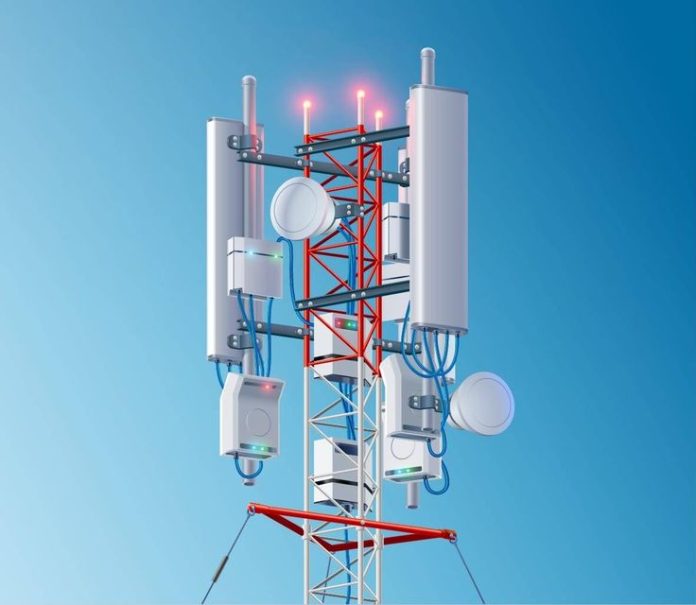Transmission engineer vs telecommunications engineer: Unveiling the Differences
Defining Transmission Engineers
Transmission engineers, often known as network engineers, play a pivotal role in ensuring the efficient and reliable transmission of data and information. They are primarily responsible for managing data transmission systems within an organization. Transmission engineers design, configure, and maintain the hardware and software components that facilitate data flow across networks.
Defining Telecommunications Engineers
Telecommunications engineers, on the other hand, specialize in the broader field of telecommunications. They focus on the design and management of voice and data communication systems. This includes working on technologies like voice over IP (VoIP), cellular networks, and broadband internet. Telecommunications engineers are responsible for the entire communication infrastructure, which includes networks, devices, and services.
Defining Transmission Engineers
Transmission engineers, often known as network engineers, play a pivotal role in ensuring the efficient and reliable transmission of data and information. They are primarily responsible for managing data transmission systems within an organization. Transmission engineers design, configure, and maintain the hardware and software components that facilitate data flow across networks. For more interesting information visit our website generalquests.com
Defining Telecommunications Engineers
Telecommunications engineers, on the other hand, specialize in the broader field of telecommunications. They focus on the design and management of voice and data communication systems. This includes working on technologies like voice over IP (VoIP), cellular networks, and broadband internet. Telecommunications engineers are responsible for the entire communication infrastructure, which includes networks, devices, and services.
Educational Background
To embark on a career as a transmission engineer, a bachelor’s degree in computer science, information technology, or a related field is typically required. Advanced degrees or certifications in network management and information security can provide a competitive edge in this field.
For telecommunications engineers, a bachelor’s degree in electrical engineering, telecommunications engineering, or a similar discipline is common. This path is more specialized and focuses on the intricate details of telecommunication systems.
Job Responsibilities
The daily tasks of a transmission engineer involve configuring routers, switches, and other network devices. They troubleshoot network issues, monitor network performance, and ensure data security. These professionals work on local area networks (LANs) and wide area networks (WANs).
Telecommunications engineers are involved in the design and maintenance of telecommunications infrastructure, including managing switches, routers, and cellular towers. They also oversee the development and implementation of new communication technologies.
Skills Required
Transmission engineers need to possess strong knowledge of network protocols, security, and data transmission technologies. They should be adept at problem-solving and have excellent communication skills.
Telecommunications engineers should have a deep understanding of telecommunications systems, signal processing, and digital communication. Strong analytical and problem-solving skills are vital in this role.
Work Environments
Transmission engineers are often employed by organizations that rely on extensive data networks, such as IT companies, telecommunications providers, and financial institutions.
Telecommunications engineers can be found in a wide range of industries, including telecommunications companies, government agencies, and research institutions. Their work may involve both fieldwork and office-based tasks.
Salary and Compensation
Salaries for both transmission engineers and telecommunications engineers can vary based on experience, location, and the specific industry. On average, transmission engineers may earn between $60,000 and $120,000 per year, while telecommunications engineers may earn between $70,000 and $130,000 annually.

Pros and Cons of Being a Transmission Engineer
Pros:
- High demand for network professionals
- Competitive salaries
- Opportunities for career advancement
Cons:
- May involve long working hours
- High responsibility for network security
- Frequent need to stay updated with evolving technology
Pros and Cons of Being a Telecommunications Engineer
Pros:
- Varied career options
- Opportunities to work on cutting-edge technologies
- Potential for high earnings
Cons:
- Complex job roles
- Intensive problem-solving
- Demand for continuous learning
Career Growth and Opportunities
Both transmission and telecommunications engineers have promising career trajectories. As technology advances, the demand for their expertise is likely to increase. Experienced professionals may take on roles like network architects, cybersecurity specialists, or senior telecommunications engineers.
Key Differences Between Transmission and Telecommunications Engineers
Focus: Transmission engineers concentrate on data transmission within networks, while telecommunications engineers handle a broader spectrum of communication systems.
Education: Transmission engineers often have backgrounds in computer science, while telecommunications engineers are typically electrical engineers.
Responsibilities: Transmission engineers manage network devices, whereas telecommunications engineers design entire communication systems.
Conclusion
In the dynamic world of technology, the roles of transmission engineers and telecommunications engineers are essential for maintaining effective communication and data transmission. While they share some similarities, their focus, educational background, and job responsibilities set them apart. The choice between these professions depends on one’s interests, skills, and career aspirations.
FAQs
1. Can a transmission engineer work in the telecommunications industry?
Yes, a transmission engineer can find opportunities in the telecommunications field, particularly if they have a strong understanding of data transmission technologies.
- What are the essential skills of a telecommunications engineer?
Telecommunications engineers should have skills in electrical engineering, signal processing, and digital communication, along with problem-solving abilities.
- Are there gender disparities in these engineering fields?
Like many engineering fields, both transmission and telecommunications engineering have historically seen gender disparities, but efforts are being made to encourage diversity and inclusion.
- What is the outlook for job growth in these professions?
Both transmission and telecommunications engineering are expected to have favorable job growth, with the increasing reliance on digital communication and networks.
- How can one decide between a career as a transmission engineer or a telecommunications engineer?
The choice depends on your interests. If you enjoy working with data networks, consider transmission engineering. If you have a broader interest in communication systems, telecommunications engineering may be more suitable.







